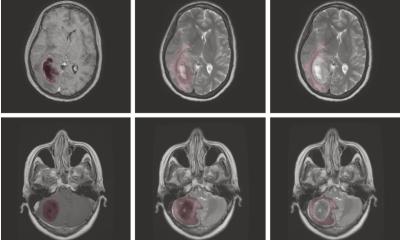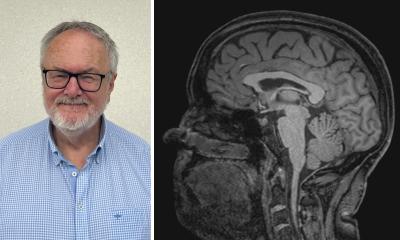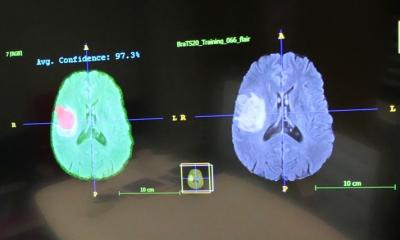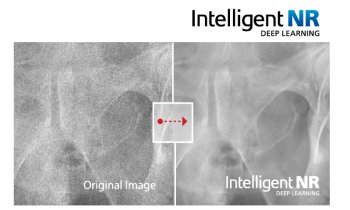Image source: Adobe Stock/Song_about_summer
News • Machine learning analyses driving behaviour
Digital markers offer "near-perfect" dementia prediction
Using ensemble learning techniques and longitudinal data from a large naturalistic driving study, researchers at Columbia University Mailman School of Public Health, Fu Foundation School of Engineering and Applied Science, and Vagelos College of Physicians and Surgeons have developed a novel, interpretable and highly accurate algorithm for predicting mild cognitive impairment and dementia in older drivers.
Digital markers refer to variables generated from data captured through recording devices in the real-world setting. These data could be processed to measure driving behavior, performance and tempo-spatial pattern in exceptional detail. The study is published in the journal Artificial Intelligence in Medicine.
The researchers used an interaction-based classification method for selecting predictive variables in the dataset. This learning model has achieved an accuracy of 96 percent in predicting mild cognitive impairment and dementia, outperforming traditional machine learning models such as logistic regression and random forests -- a statistical technique widely used in AI for classifying disease status. “Our new ensemble learning model based on digital markers and basic demographic characteristics can predict mild cognitive impairment and dementia in older drivers with excellent accuracy,” said Sharon Di, associate professor of civil engineering and engineering mechanics at Columbia Engineering and the study’s lead author.
With advancing age, drivers make relatively fewer left turns and more right turns because left turns are riskier
Sharon Di
The investigators constructed 200 variable modules using the naturalistic driving data on the driver, the vehicle and the environment captured by in-vehicle recording devices for 2977 drivers participating in the Longitudinal Research on Aging Drivers (LongROAD) project, a prospective cohort study conducted in five sites across the contiguous United States and sponsored by the AAA Foundation for Traffic Safety. At the time of enrollment, the participants were active drivers aged 65-79 years who were cognitively intact. Data used in this study came from the first three years of follow-up, spanning from August 2015 through March 2019. During the follow-up, 36 participants were diagnosed with mild cognitive impairment, 8 with Alzheimer’s disease, and 17 with other or unspecified dementia.
The researchers performed a series of computer modeling experiments and found that the new ensemble learning model is 6-10 percent more accurate than random forests and logistic regression models in predicting mild cognitive impairment and dementia. The two most influential driving variables are the right to left turn ratio and the number of hard braking events (defined as maneuvers with deceleration rates ≥ 0.4 g). “With advancing age, drivers make relatively fewer left turns and more right turns because left turns are riskier,” noted Di.
“About 85 percent of older adults in the United States are licensed drivers. As the most preferred mode of personal transportation, driving plays an important role in maintaining independence, self-control, social connection, and quality of life. Safely operating a car requires essential cognitive and physical functions. Our study indicates that digital markers embedded in routinely collected driving data can be used through innovative machine learning techniques as valid and reliable artificial intelligence for predicting mild cognitive impairment and dementia,” said Guohua Li, MD, DrPH, professor of epidemiology and anesthesiology at Columbia Mailman School of Public Health and Vagelos College of Physicians and Surgeons, and senior author. “Early detection of mild cognitive impairment and dementia could lead to timely evaluation, diagnosis, and interventions, which are especially salient in the absence of effective therapeutics.”
Source: Columbia University
25.02.2023










